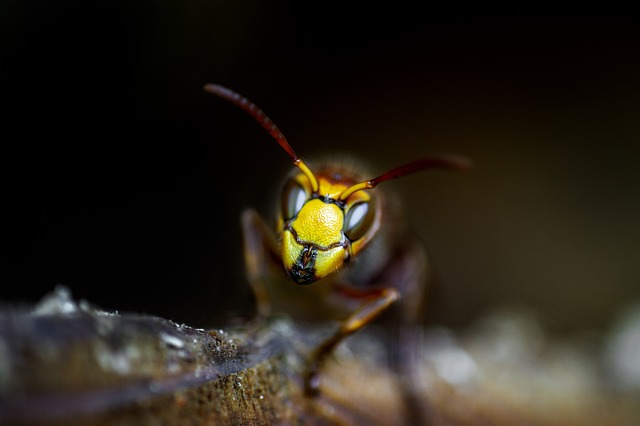Engaging licensed pest control services is crucial for safe and effective elimination of termites, rodents, and insects from residential, commercial, or industrial properties. This regulated industry ensures safety through strict local, state, and federal laws governing pesticide use. Certified professionals adhere to integrated pest management (IPM) practices, prioritizing least hazardous methods while minimizing environmental impact. They offer specialized knowledge, accurate identification, tailored preventive solutions, and eco-friendly treatment options. Regular inspections, follow-up visits, and adherence to sanitation practices post-treatment help prevent future infestations. Selecting a service with appropriate licenses for specific pest issues ensures compliance and effective control.
In today’s digital era, understanding the importance of licensed exterminator services is paramount for maintaining healthy living and working spaces. “Licensed Pest Control” isn’t just about ridding pests; it involves a complex legal framework ensuring safety and environmental compliance. This comprehensive guide delves into the intricacies of professional extermination, highlighting benefits, common pests, treatment processes, safe methods, and post-treatment care tips. Armed with knowledge on licensed pest control, folks can navigate their way to pest-free environments effectively.
Understanding Licensed Pest Control: The Legal Framework
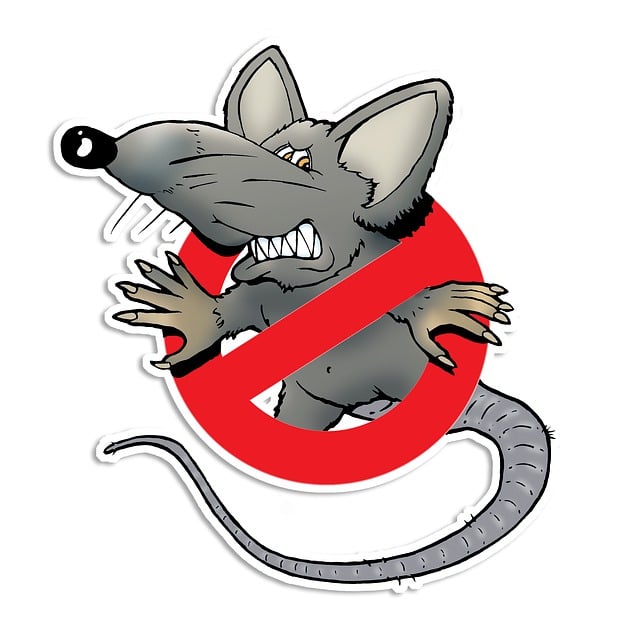
When it comes to dealing with pest infestations, whether it’s termites, rodents, or insects, engaging professional licensed pest control services is paramount for effective and safe elimination. Licensed pest control refers to the regulated industry that specializes in identifying, controlling, and eradicating pests from residential, commercial, and industrial properties. This profession is closely governed by local, state, and federal laws to ensure the safety of both consumers and applicators.
The legal framework behind licensed pest control involves strict regulations on the use, handling, and application of pesticides and chemicals. These regulations mandate that only certified individuals or companies with specific licenses can conduct pest control operations. This includes rigorous training, passing exams, and adhering to safety protocols. The licensing process typically requires businesses to demonstrate proficiency in integrated pest management (IPM) practices, which promote the least hazardous methods of pest suppression while minimizing environmental impact.
Benefits of Hiring a Professional Exterminator

Hiring a professional exterminator offers numerous advantages for homeowners and businesses dealing with pest infestations. Firstly, licensed pest control experts possess specialized knowledge and training in identifying various pests and implementing effective, targeted treatments. They employ safe and environmentally friendly methods, ensuring minimal risk to human health and pets. This is especially crucial when dealing with toxic chemicals, which amateurs might misuse or mishandle.
Professionals also provide long-term solutions, as they understand the habits and behaviors of different pests. By conducting thorough inspections, they can pinpoint the source of an infestation and implement preventive measures to stop future invasions. This saves time and money compared to repeated DIY attempts that may only offer temporary relief. Additionally, hiring a licensed exterminator helps maintain a hygienic and healthy living or working environment, preserving the integrity of structures and valuable possessions.
Common Pests and Their Impact on Homes and Businesses
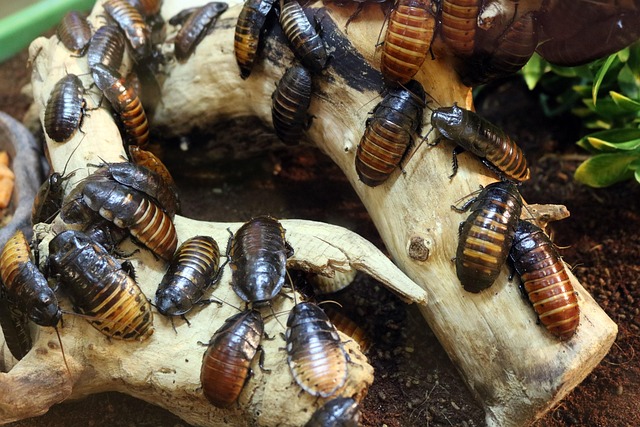
Pests can cause significant damage to homes and businesses, leading to costly repairs and potential health hazards. Common pests such as rodents, termites, roaches, and ants are notorious for infesting structures, feeding on structural materials, and leaving behind droppings and allergens that can trigger allergies and respiratory issues for occupants. In severe cases, pest infestations may render buildings unsafe and unsanitary, requiring professional intervention from licensed pest control services.
For businesses, pest problems can disrupt operations, damage merchandise, and even lead to legal liability if health codes are violated. Licensed exterminators employ specialized knowledge and equipment to identify pest entry points, locate nests, and implement effective treatment plans that target specific pests while minimizing environmental impact. Regular inspections and preventive measures are key to maintaining a pest-free environment, but when an infestation arises, it’s crucial to call on the expertise of licensed pest control professionals for swift and efficient resolution.
The Process: From Inspection to Treatment
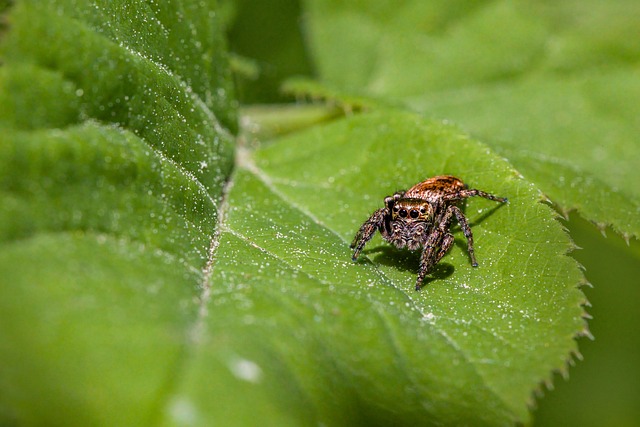
When you’re facing a pest problem, turning to a licensed pest control service is crucial for effective and safe resolution. The process begins with a detailed inspection conducted by a certified professional who will assess the extent of the infestation and identify the specific pests present. During this stage, they’ll also pinpoint the source and potential entry points, which is essential for targeted treatment.
Once the inspection is complete, the exterminator will devise a tailored plan, using eco-friendly and approved methods to eliminate the pests. This might involve several treatments depending on the pest type and severity of the infestation. Regular follow-up inspections are also conducted to ensure the problem has been resolved and prevent future reoccurrences.
Safe and Effective Extermination Methods
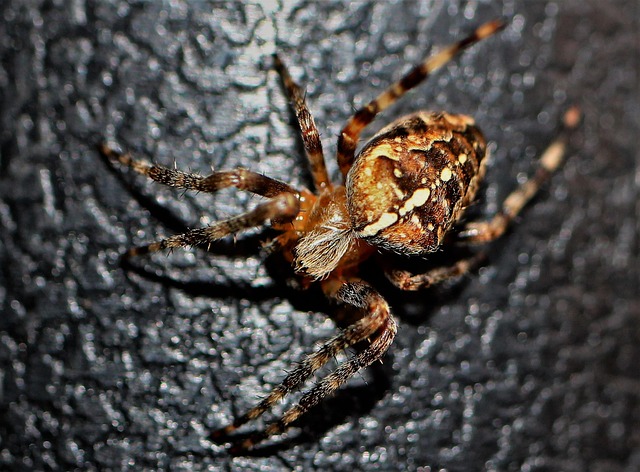
When it comes to addressing pest infestations, a licensed pest control service offers both safety and effectiveness. These professionals are trained to employ a range of methods that are proven to be secure for both humans and pets while still providing robust solutions to eradicate pests. Modern licensed exterminator services leverage advanced techniques such as integrated pest management (IPM), which involves a combination of biological, cultural, chemical, and physical controls to minimize the use of pesticides.
One common approach is the use of bait stations, which are strategically placed to attract and capture pests like rodents or insects. Another safe method includes heat treatment, where specialized equipment is used to raise temperatures to lethal levels for targeted pests while minimizing damage to structures. Additionally, licensed exterminators may employ eco-friendly products that are less toxic, ensuring a healthier environment for everyone post-treatment.
Choosing the Right License for Your Needs
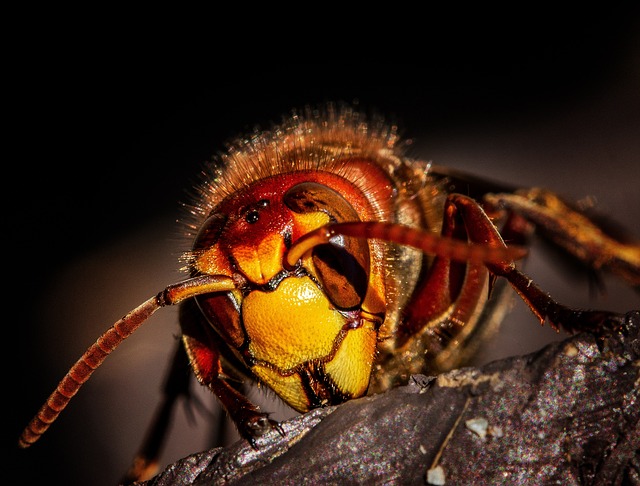
When it comes to selecting a licensed exterminator, understanding the various licensing options is key. Different services require specific licenses, ranging from general pest control to specialized treatments for rare or invasive species. It’s crucial to choose one that holds the right certifications for your particular issue. For instance, if you’re dealing with termites or rodents, ensure the provider has a license for those specific services.
Many regions offer tiered licensing for exterminators, catering to different levels of expertise and service types. This means there might be distinctions between a basic pest control permit and more advanced licenses that allow for the use of stronger chemicals or specialized equipment. Understanding these nuances will help you match your needs with an appropriately licensed professional, ensuring both effective treatment and compliance with local regulations for licensed pest control.
What to Expect During an Exterminator Visit
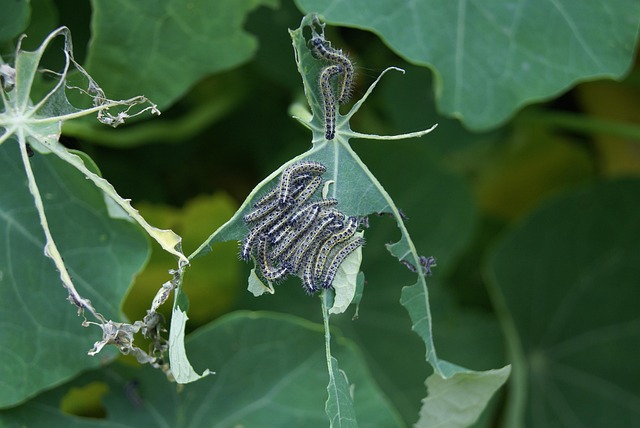
When you schedule a visit from a licensed pest control service, expect a thorough and professional assessment of your infestation issue. The exterminator will begin by inspecting your property, paying close attention to areas where pests are most commonly found or where signs of an infestation may exist. They’ll look for evidence of pests, such as droppings, eggs, or damaged property, taking detailed notes throughout the process. This initial inspection is crucial in determining the extent of the problem and developing a tailored treatment plan.
During the visit, you can expect the technician to explain the identified issues clearly and detail the recommended course of action. They’ll provide information on the types of pests present, their life cycles, and the methods used for control. Additionally, licensed pest control experts will ensure that all treatments are safe for both your family and pets while effectively eliminating the pest problem. They’ll also answer any questions you have, offering insights into prevention strategies to help keep pests at bay in the future.
Preventive Measures: Post-Treatment Care Tips
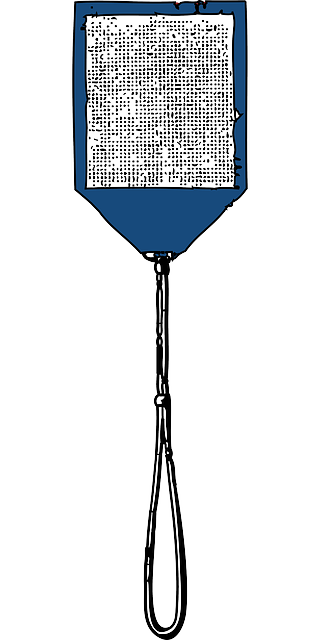
After a licensed pest control treatment, maintaining a clean and sealed environment is crucial for preventing reinfestation. Homeowners should regularly inspect their properties for any signs of pests, addressing potential entry points by sealing gaps around pipes, doors, and windows with caulk or weather stripping. Keeping the area free from debris and removing standing water, as pests are attracted to these resources, can significantly reduce the risk of future infestations.
In addition, maintaining a robust sanitation routine is vital. Washing dishes immediately after use, storing food in airtight containers, and regularly vacuuming and mopping floors help eliminate pest attractants. Pet owners should also practice good hygiene by cleaning animal cages frequently and keeping pets away from areas known to be prone to pest activity. Regular professional inspections can further mitigate risks, ensuring any new infestations are caught early for more effective management.
